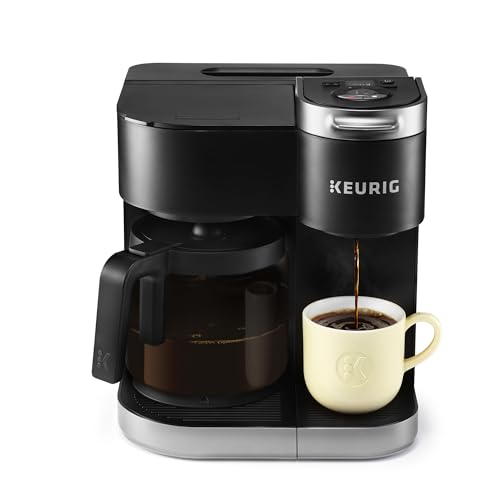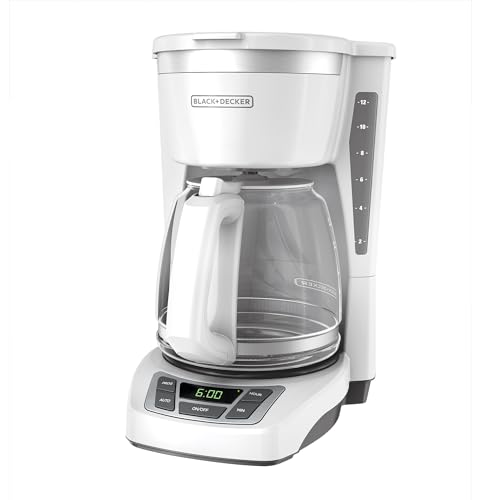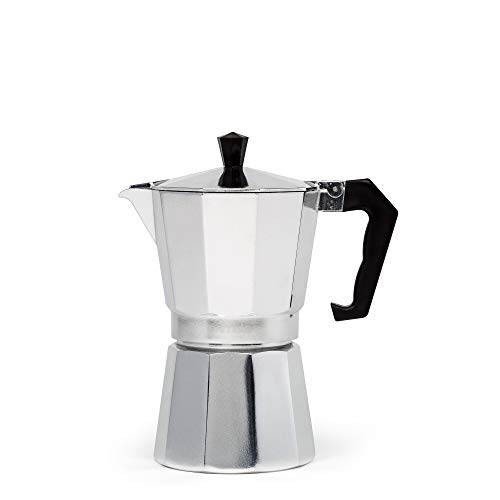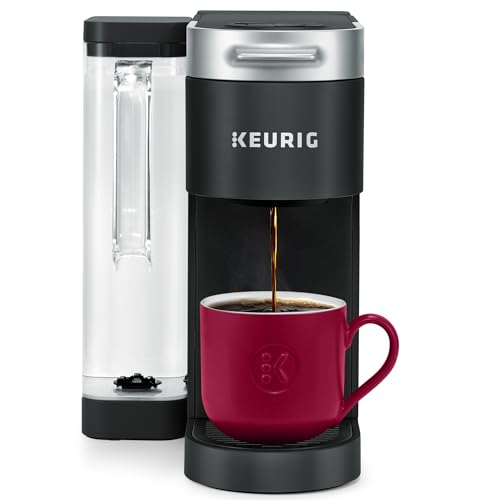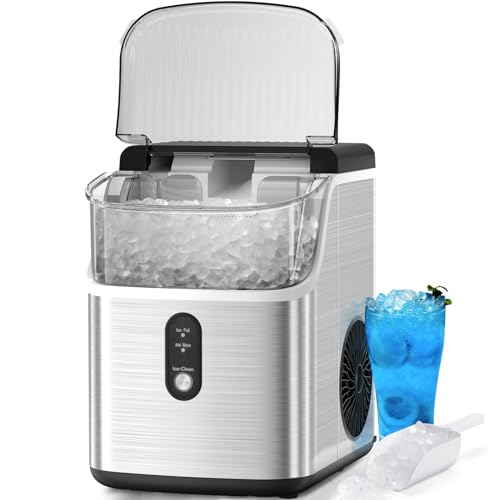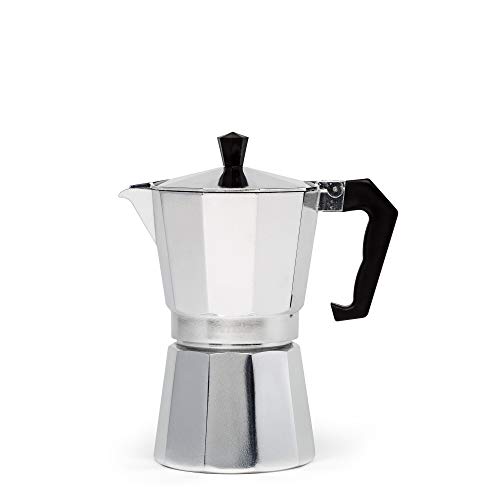“What Are The Different Types of Juicers?” This is a question that many health-conscious individuals, culinary enthusiasts, and those embarking on a journey towards a healthier lifestyle often ask.
In our quest for wellness and in the pursuit of creating delectable, nutrient-rich beverages, understanding the diverse types of juicers available in the market is crucial.
Juicers are not one-size-fits-all appliances. They come in a range of designs, each with its unique characteristics, functionalities, and benefits. In this article, we will embark on a journey to explore the different types of juicers, helping you to understand their distinct features, operational mechanisms, advantages, and potential drawbacks.
Whether you aim to incorporate more fruits and vegetables into your diet, or you are a first-time buyer seeking to make an informed choice, this guide will provide valuable insights to aid in your decision-making process. Let’s delve into the world of juicers together.
What Are The Different Types of Juicers?
There are primarily four types of juicers: Centrifugal, Masticating, Twin-Gear (Triturating), and Citrus juicers. Each type works based on unique mechanisms, offering various functionalities to meet specific juicing needs and preferences.
We will explore each type in further detail, outlining their distinctive features and benefits, and highlight considerations for prospective buyers.
Centrifugal Juicers
Centrifugal juicers are among the most common and affordable types available in the market. These juicers use a fast-spinning metal blade against a mesh filter to extract juice from fruits and vegetables. The centrifugal force separates the juice from the pulp.
However, there’s a downside to the speed of centrifugal juicers. The rapid spinning blade generates heat, which can lead to oxidation and potentially lower the nutrient quality of the juice.
Masticating Juicers
Also known as ‘slow juicers’, masticating juicers operate at a slower speed compared to centrifugal juicers. They use an auger to crush the produce and press it against a hard surface, extracting the juice.
The slower operation of masticating juicers can result in higher juice yield and less oxidation, preserving more nutrients in your juice. However, these juicers can be more expensive and time-consuming to use.
Twin Gear Juicers
Twin gear (or triturating) juicers are considered top of the line in juice extraction. They contain two gears that rotate inwards, grinding fruits and vegetables to extract the juice.
These juicers can handle a wide range of produce, including leafy greens, and provide the highest yield of juice.
They also minimize oxidation, maintaining the nutrient density of the juice. However, twin gear juicers can be complex to assemble, time-consuming to clean, and are often more expensive.
Citrus Juicers
Citrus juicers are specialized appliances designed to extract juice from citrus fruits such as oranges, limes, and lemons. They come in both manual and electric varieties.
Manual citrus juicers are highly affordable, easy to use, and require less effort. Electric models offer more convenience but often with a higher price tag.
Features to Look For When Purchasing a Juicer
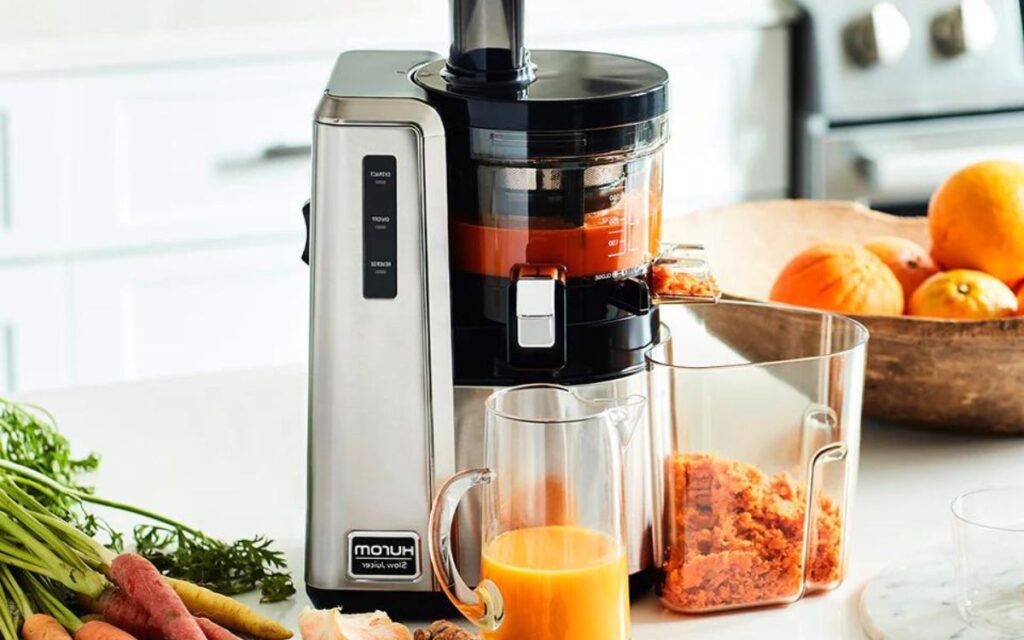
When purchasing a juicer, one key feature to look for is the power of the motor. A higher wattage motor will be able to handle harder produce more efficiently. However, remember that a more powerful motor can be somewhat noisier.
The size of the feed chute is another factor to consider. A larger feed chute eliminates the need to chop fruits and vegetables into smaller pieces, saving valuable preparation time.
Ease of cleaning also plays a crucial role in the choice of a juicer. Look for models with detachable, dishwasher-safe components to make cleaning up a breeze.
Next, consider the size and capacity of the juicer. If you have limited kitchen space or need to make large quantities of juice, the size of the juicer and its pulp container can be deciding factors.
Lastly, pay close attention to the warranty. A longer warranty indicates the manufacturer’s confidence in the product’s durability and performance. Moreover, it can provide peace of mind knowing that any potential issues will be handled by the manufacturer.
In conclusion, the choice of a juicer depends on your personal needs, lifestyle, and budget. Understanding the different types of juicers and their unique features can help you make a more informed decision. Happy juicing!
FAQs about Different Types of Juicers
Understanding the types of juicers can be overwhelming, especially with the wide variety of options available in the market. Here are some commonly asked questions and detailed answers to further assist you in your juicing journey.
Q: What type of juicer is best for leafy greens?
A: Masticating and twin gear (triturating) juicers are ideal for extracting juice from leafy greens. Masticating juicers use a slow crushing and squeezing process that effectively breaks down the cell walls of leafy greens, releasing the juice.
Twin gear juicers, on the other hand, grind fruits and vegetables between two gears. This method is highly efficient in extracting maximum juice from leafy greens, while also preserving the nutritional content due to minimal heat and oxidation.
Q: How does the speed of the juicer impact the juice quality?
A: The speed of a juicer significantly affects the quality of the juice in terms of nutrient content and shelf life. High-speed juicers, like centrifugal models, generate heat due to their rapid spinning action. This heat can lead to oxidation, resulting in a decrease in the nutrient quality of the juice and a shorter shelf life.
On the contrary, slow juicers such as masticating and twin gear juicers operate at a slower speed, producing less heat and thus minimizing oxidation. As a result, the juice extracted has a higher nutrient quality and a longer shelf life.
Q: Are manual citrus juicers good for regular use?
A: Manual citrus juicers can be a great investment for regular use, provided you primarily juice citrus fruits. They are affordable, easy to operate, and require minimal maintenance. Moreover, as manual juicers do not generate heat, the juice extracted retains a high nutritional value.
They may require a bit more effort than electric juicers, but they are quieter and allow better control over the juicing process. However, if you plan to juice a wide variety of fruits and vegetables, an electric juicer might be a better fit due to its versatility.
Final Thought
Embracing a lifestyle with fresh, homemade juices is a fantastic way to enhance your health. A juicer allows you to experiment with different combinations of fruits and vegetables, creating a myriad of flavors tailored to your liking.
A high-quality juicer is an invaluable addition to your kitchen, enabling you to get the most out of your produce and ensuring you receive a nutrient-dense beverage.
The market is brimming with a wide variety of juicers, each with its unique features and benefits. Your choice boils down to understanding your juicing needs and aligning them with the right type of juicer.
From centrifugal juicers that offer speed and convenience, to masticating and twin gear juicers that excel in juice yield and nutrient preservation, the options are extensive.
In the end, whether you’re a hardcore juice enthusiast or a new entrant into the world of juicing, remember that the best juicer is the one that you’ll use regularly and meets your specific needs. So go ahead, make an informed decision, and get started on your juicing journey – with the different types of juicers available, you’re sure to find your perfect match.
